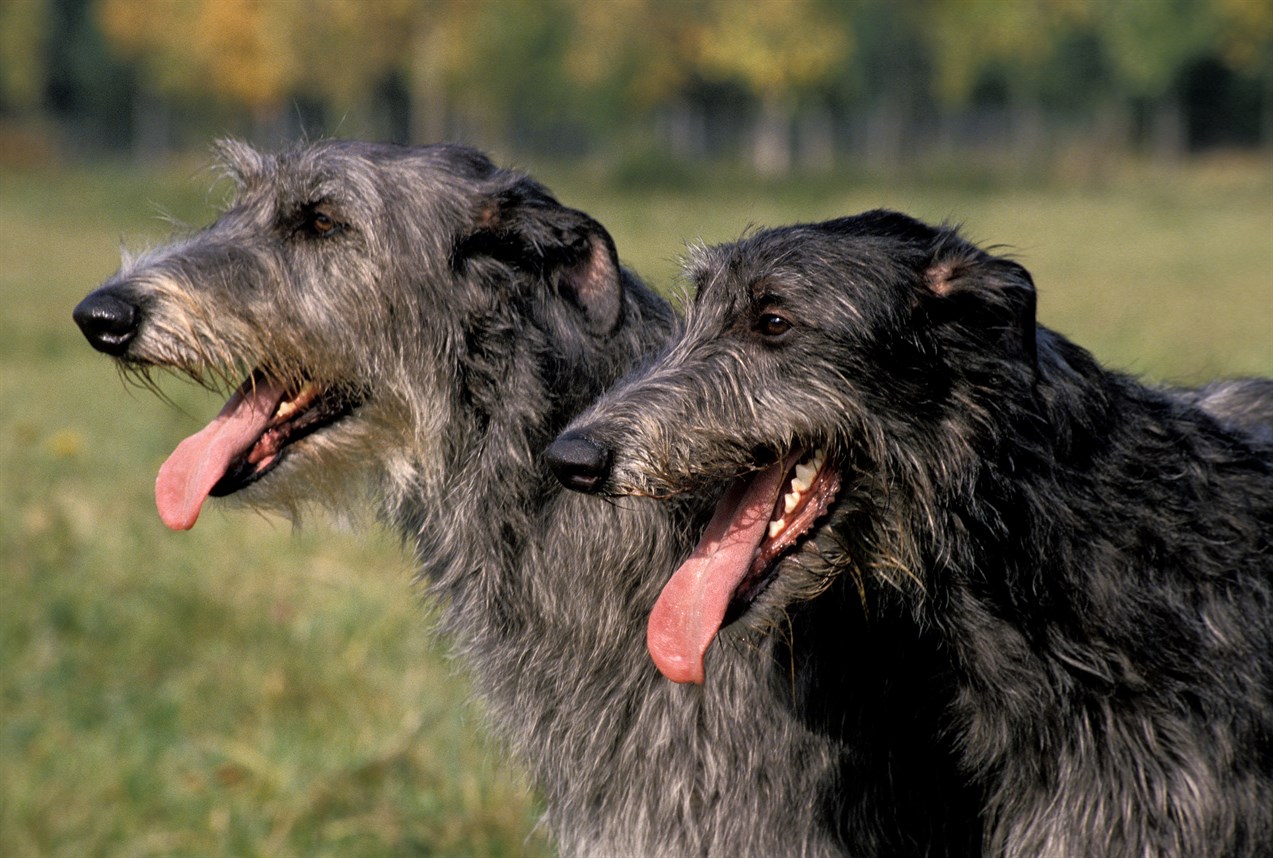Sleep and the Deerhound: Embracing Cozy Slumber

Deerhounds, with their gentle disposition and graceful presence, are known for their love of rest and relaxation. Understanding their sleeping requirements and habits is essential to ensure their well-being and comfort.
Sleeping Requirements
Deerhounds, like all dogs, require an adequate amount of sleep to maintain their physical and mental health. The amount of sleep a Deerhound needs can vary based on factors such as age, activity level, and overall health. Generally, adult Deerhounds may sleep anywhere from 12 to 14 hours a day or more. Puppies and senior dogs may require even more sleep.
Sleeping Habits
Deerhounds are often referred to as "couch potatoes" or "sofa hounds" due to their love of lounging and relaxation. Here are some typical sleeping habits and preferences of Deerhounds:
- Comfort Seekers: Deerhounds love soft and comfortable spots for lounging and sleeping. Providing a cosy bed or soft cushion in a quiet, warm area of your home is ideal for them.
- Napping Masters: These dogs are excellent nappers and can quickly doze off during the day. Short naps interspersed with periods of wakefulness are typical for Deerhounds.
- Nighttime Sleep: Deerhounds usually adapt their sleep patterns to your household schedule. They enjoy sleeping through the night, often settling into a deep slumber. A comfortable and quiet sleeping area, away from distractions, will help ensure a restful night's sleep.
- Cuddly Companions: Deerhounds are known for their affectionate nature, and they may seek out their human family members for cuddling during rest periods. They enjoy the warmth and security of close contact.
- Stretching and Rolling: When they wake from their naps, Deerhounds may indulge in a good stretch and roll before getting up. This is a natural behaviour and helps them limber up after a period of inactivity.
- Adjusting to Activity: Deerhounds are generally adaptable when it comes to their sleep patterns. If they have been engaged in physical activity or play, they'll be more inclined to rest afterwards.
- Temperature Sensitivity: Deerhounds have a thin coat and may be sensitive to cold temperatures. Ensure they have a warm and comfortable sleeping area, especially during the colder months.
Monitoring Sleep Patterns
Monitoring your Deerhound's sleep patterns is essential to ensure they are getting enough rest. Changes in sleep duration or habits can sometimes be an indicator of underlying health issues. If you notice significant changes in your dog's sleep patterns, it's advisable to consult with a veterinarian for a thorough evaluation.
In conclusion, Deerhounds are expert sleepers, and their penchant for comfort and relaxation is an endearing trait. By providing a cosy and secure sleeping environment and monitoring their sleep patterns, you can help ensure your Deerhound enjoys restful slumber, which is vital for their overall well-being. A well-rested Deerhound is more likely to be a happy and healthy companion in your home.
Deerhound puppies for sale
- Find Deerhound puppies for sale in ACT
- Find Deerhound puppies for sale in NSW
- Find Deerhound puppies for sale in NT
- Find Deerhound puppies for sale in QLD
- Find Deerhound puppies for sale in SA
- Find Deerhound puppies for sale in TAS
- Find Deerhound puppies for sale in VIC
- Find Deerhound puppies for sale in WA